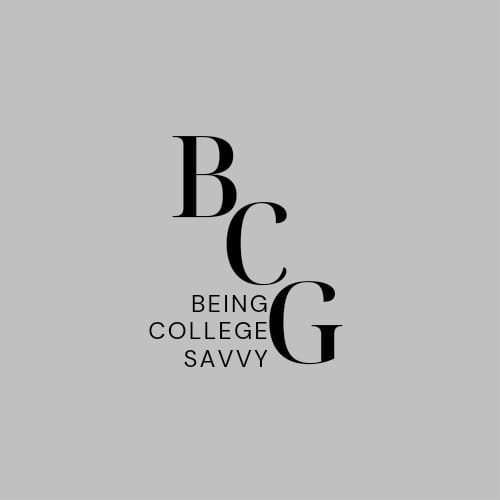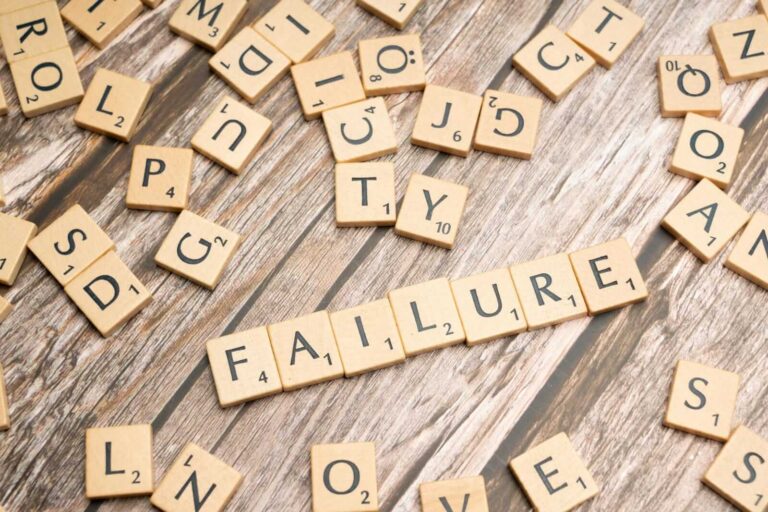College 101 : Everything You Need To Know

It is not uncommon for students to ask (themselves or others), “What is college all about?” When most of us think about college, it’s easy to feel overwhelmed—I know I did. But what’s helped me is taking a step back and understanding what college is all about. Sometimes, knowing what lies ahead—what it involves and how it shapes us—can bring a sense of calm and purpose.
In this blog post, I’ll give a simplistic overview and breakdown of what college is all about. This will give you a clearer picture and help college students or anyone preparing for college feel ready or ease their college journey.
Let’s dive in!
There are three major interrelated aspects of college. These are academic, personal development, and social connections, which we constantly juggle to try to achieve life (or college life) balance.
Let us take a look at each of the three aspects closely.
The first and most crucial aspect of college is academics.
We attend college primarily for academic growth and to gain specialized or higher knowledge about a field of interest. While we might not gain expertise, we gain knowledge that prepares us more for what comes after college. Through the rigorous coursework, we gain critical thinking skills to analyze, question, and solve problems creatively. By managing rigorous coursework (plus other aspects of college life), we also develop skills like time management, research, writing, and communication.
Although academics go beyond grades, our grades are the primary evidence of the academic knowledge we gain. So, adopting effective study skills and strategies, utilizing available resources, and adopting positive habits are important to achieving good grades. A good academic performance also gives you an edge over the ultimate thing college prepares us for: our future careers.
Career Preparation
Some majors provide “bridges” to our future careers through internships, co-ops, practicums and projects. These help us gain practical skills and professional readiness. Our academic achievements, skills (academic or non-academic), and experience (like volunteering, etc) also come in handy to gain entry, maintain or level up in the professional world.
As students, we worry about what comes next after college, mainly how to get a job to start our careers. While it is normal and reasonable to think about that, it is important not to overthink and ensure that we make the best use of our college experiences and the opportunities the school provides. If your school offers an opportunity, service, or course helpful in preparing for your career, take advantage of it!
If you are a college athlete and your primary reason for being there is your sport—not just as an extracurricular activity, then excelling well in your sportsmanship should be your utmost priority. In this case, sports should hold the same importance as academics. In essence, the primary reason you attend college should always take top priority and be your primary focus.
The second aspect of your college journey is your personal life/ personal development.

College is a time when we experience a greater level of independence and, for some, complete independence. This is due to factors like living away from home and managing our academic and personal schedules and finances without the same level of oversight by a guardian we were used to. This level of independence brings about a greater sense of responsibility.
This personal development aspect of college also entails self-discovery, resilience, and developing or improving habits that can help you in other aspects of your college life and beyond.
Self-discovery means discovering more about our values, passions, goals, strengths and weaknesses. Overcoming the challenges we experience during these years also helps to build our character and emotional intelligence and improves our ability to juggle our increasing responsibilities. Some personal development abilities we gain or improve, like leadership, communication, and time management, are also advantageous to our college life, career pursuit and beyond.
NOTE
This personal aspect of our college life should also entail maintaining or improving our health and well-being. Doing this is crucial and often gets overlooked by most students, which explains the burnout, poor mental health and poor well-being of college students. It’s no news that college can be super stressful, but putting ourselves last is not the way to go. Our overall health and well-being have a lot to play in how smooth our college journey will be.
The third aspect of college is building (meaningful) connections.

While it is possible to do well in college with minimal interactions or connections (especially for people with social anxiety, highly introverted students, or people who study online), building connections can be beneficial during and after college.
Networking with your peers, professors or even external organizations (through events set up by the school) can influence and be helpful in your career and personal life. During our college years, we also form meaningful and long-lasting relationships like friendships that can extend beyond college. Relationships like this can help us relieve stress because sometimes we need someone to talk to when college gets overwhelming.
During college, we are also exposed to people from different backgrounds with differing beliefs, values or goals, which can help expand our worldview.
Some ways to network and build connections or relationships include attending campus events, joining clubs, volunteering, and applying for internships.
I also connect with students at a higher level in my faculty because they help me with used textbooks (which help me save money, haha), course-related help and information that only people who have been through the same process have.
You can also develop professional relationships by connecting with your professors as a student. (I know some professors can be hostile, but there will always be a genuine one who is friendly or willing to help) .You can do this by making use of their office hours. These professional relationships will be helpful in the future of your career in terms of job search, job offers, and recommendations.
You should always focus on the quality of your connections and relationships, not the quantity.
These three aspects summarise what college is all about, and it is important to strive to find a balance between all three continuously. We should also know that the college experience allows us to grow; we learn from our mistakes and successes.
In essence, college is a place to grow academically, personally and socially and find a balance between them.
Now that you have a simplistic overview of college, I hope it relieves stress or worry and eases your college journey.
Please share your thoughts in the comments, and thank you for reading!





